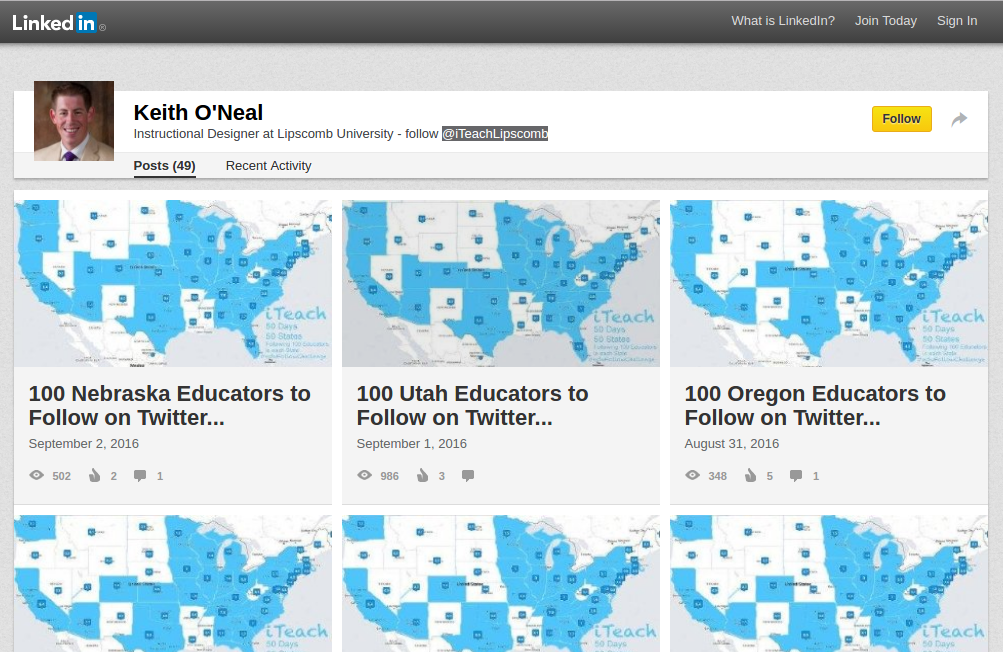Data, data, everywhere
On a larger scale, this love affair with data—what Berkeley geography graduate students Camilla Hawthorne and Brittany Meché termed “fetishized numeration” in their Space & Society article—is visible in corporate, academic, and policy circles. At UC Berkeley, Chancellor Dirks wrote in March that “Across all of higher education, faculty and administrators are increasingly recognizing the need to treat data literacy as a core competency for liberal education.” In an older article, a campus Electrical Engineering and Computer Science professor was more blunt: “There has been massive growth in job opportunities in data-science-related areas…and a shortage of people prepared to fill them, according to Culler.” Dirks’ language of data as a “core competency for liberal education” disguises the perhaps more pressing motive that Culler’s statement illuminates: market demand for data exists, and the university needs to fill it.
Source: Data-Driven Everything – Adora’s Blog
I prefer data-informed over data driven, especially since the data can sometimes steer you in you the wrong direction.
“At the end of the day, there was a chip that they were interested in that they wanted to pay a certain price for and not a nickel more and that price was below our forecasted cost. I couldn’t see it. It wasn’t one of these things you can make up on volume. And in hindsight, the forecasted cost was wrong and the volume was 100x what anyone thought.”
“The lesson I took away from that was, while we like to speak with data around here, so many times in my career I’ve ended up making decisions with my gut, and I should have followed my gut,” he said. “My gut told me to say yes.”







